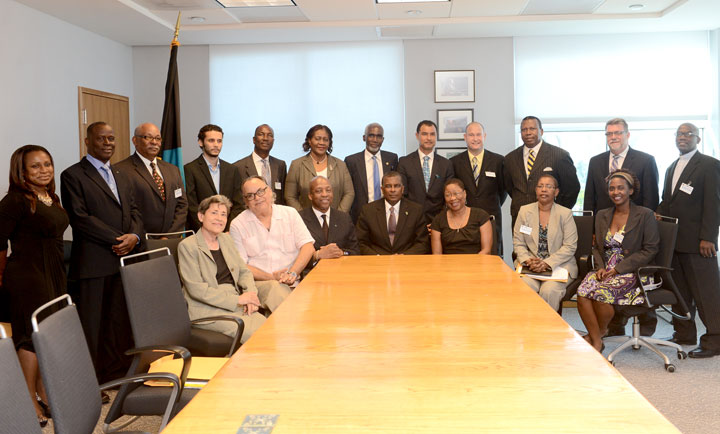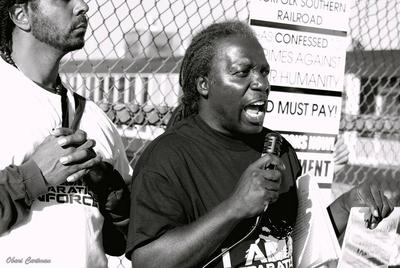
The Afro-Brazilian Quilombola people were forced from their land in Brazil in order to make way for eucalyptus plantations, which produce toilet paper destined for Western markets.
Israel on Sunday marked the displacement of hundreds of thousands of Jews from Arab countries in the years after the 1948 Arab-Israeli war, with Prime Minister Benjamin Netanyahu and President Reuven Rivlin calling for financial reparations.
Over many years of doing anti-racist work among whites I have learned that the role of slavery in the formation of the economics, politics and culture of the United States…
This year’s top The Root 100 honoree reflects on his groundbreaking article, “The Case for Reparations,” and his belief that African Americans have accomplished much, despite overwhelming obstacles. This year we…

The following is a press statement by Fred Mitchell, Bahamas Minister of Foreign Affairs and Immigration made on March 24th, 2014
By Ta-Nehisi Coates On Thursday, I was at Cornell making the case for reparations. I’ve never written anything that has garnered this much attention, and I confess some bewilderment at…
By Herb Boyd Special to IBW Many of us remember Dowoti Desir when she was the Executive Director of the Malcolm X and Dr. Betty Shabazz Memorial, Educational and Cultural…

CHICAGO, IL–On Tuesday, September 23rd, representatives from 25 organizations, armed with the Durban Declaration and Program of Action, met on the corner of 47th Street and Wentworth Avenue as Reparations Enforcers to work to collect $900 million from Norfolk Southern.
Each year, around this time, Caribbean leaders join other presidents and prime ministers in convening in New York to participate in the annual United Nations General Debate. And each…
NEW YORK, United States, Monday September 29, 2014, CMC – Cuba’s Foreign Minister Bruno Rodríguez Parrilla has called for “profound reform” of the United Nations, starting with the 15-member Security Council, saying that the Secretary-General should be “an advocator and guarantor of international peace and security.”














